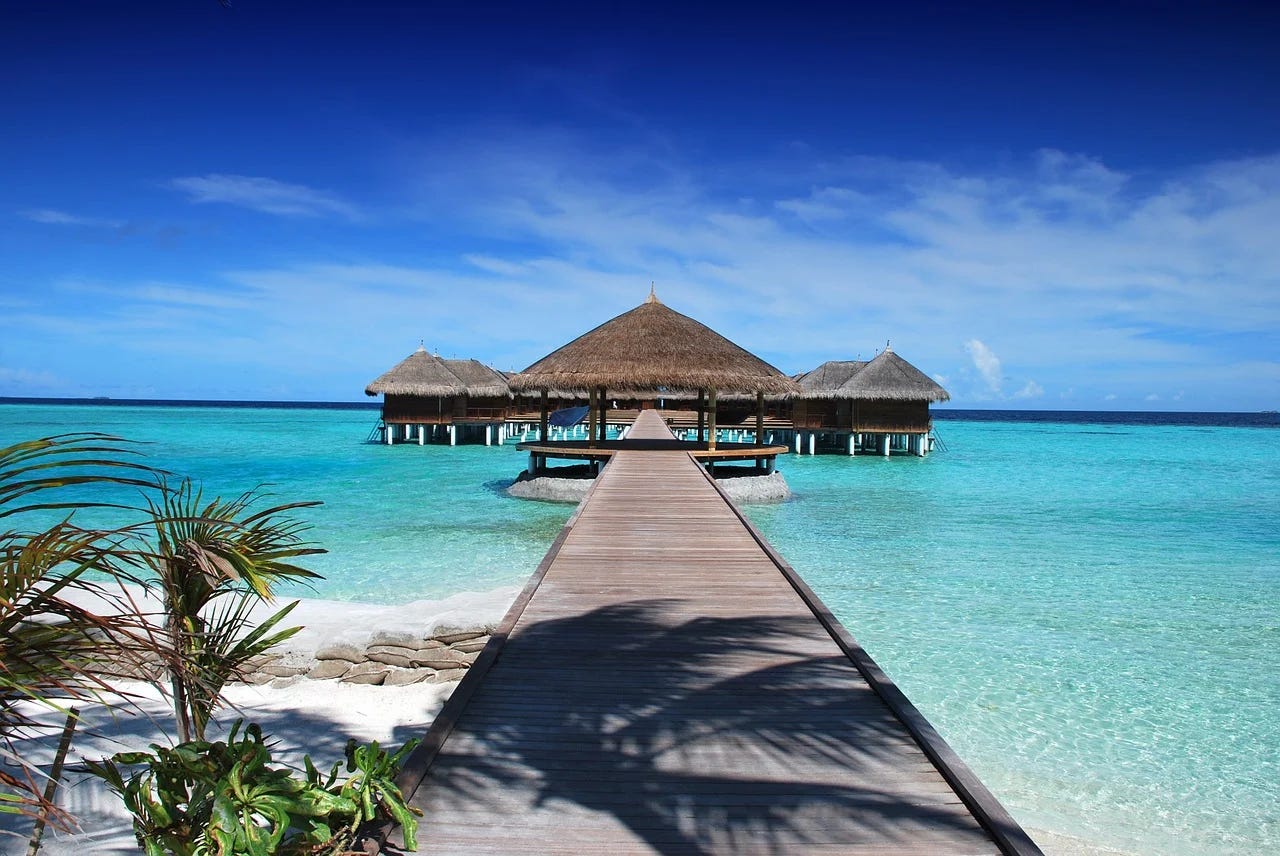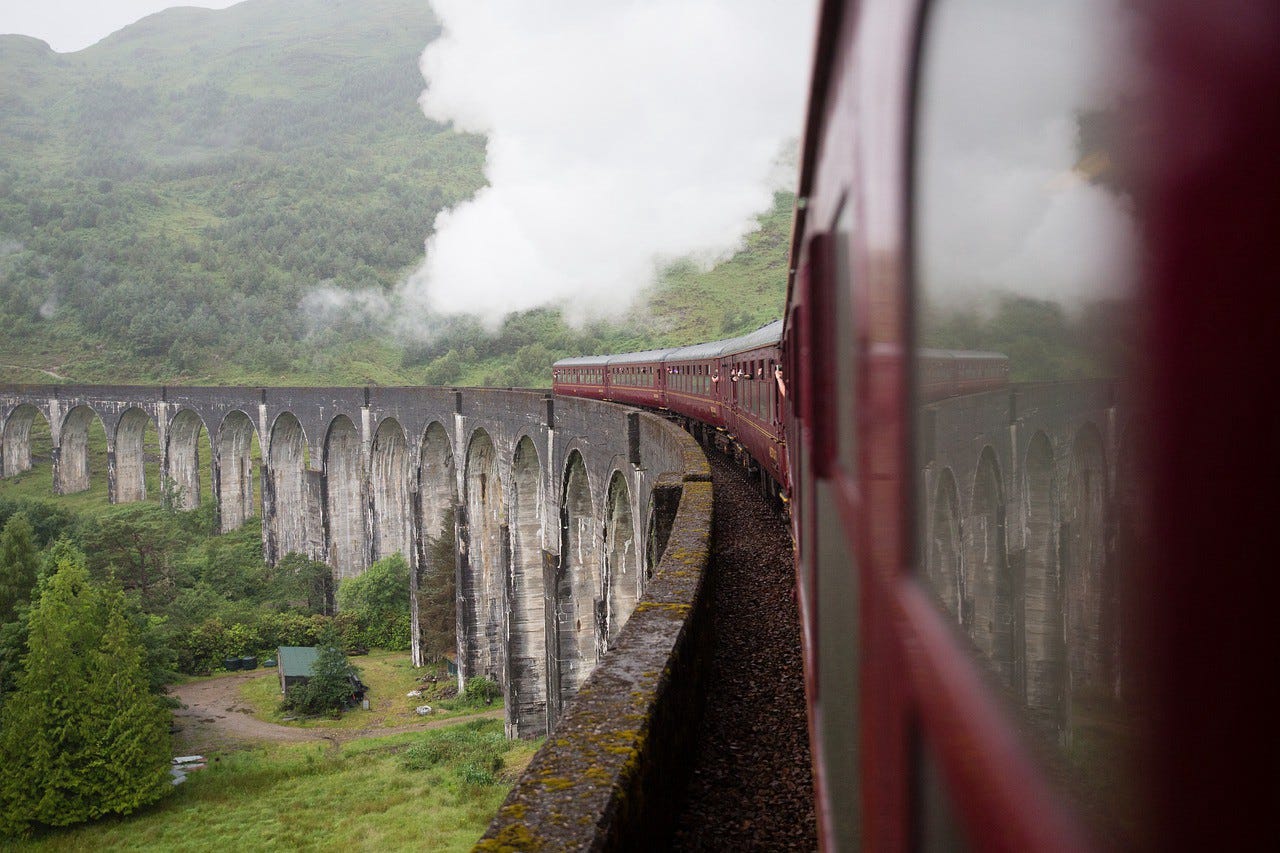Technological breakthroughs during the world war were not just necessary to win, they also made the idea of flight a reality for us earthlings and further advanced air travel for commercial purposes. Availability of military aircrafts, returning veteran pilots, surging incomes and better connectivity, led to a more efficient movement of people & resources. The initial decades saw a dance-off between government regulation and enterprising budget airlines looking to break free. What started as a concept with twin turboprops, got a boost from the design of jet engines.
Initially, it was difficult to imagine that passengers could sit in one place for hours, locked up in a pressurized container. Therefore, airlines understood it was important to have a luxury aspect in flights. Air hostesses became fashion symbols, booze flowed freely in luxurious cabins and enjoyable entertainment became standard. Early decades kept long distance air travel exclusive to elites that could afford to travel through this ‘rarefied air’.
As competition increased & powerful aircrafts, like Boeing 747s, become economical, the flyers’ club was no longer exclusive. Airlines can now pack as many passengers as big ships could only a few decades ago. Millions travel by air every day. Proving that as technology evolves, so does our ability to adapt to it. Right now the only reason to step aboard a ship is if you are off on a relaxing cruise to the Caribbean or the Maldives!
It has come to a point where airlines no longer feel it’s important to have any luxury. Air travel is not a luxury anymore, it’s a necessity. So forget about any complementary food or beverages, entertainment or extra leg room. Right now, the only entertainment is actually looking outside the window or listening to the economy class exclusive “onboard entertainment” of babies crying humanity’s greatest hits!
Over the years the definition of what’s allowed has also dramatically shrunk. Even if you are on an international flight, there’s place for only the bare essentials. Chances are that you’ll either have a disappointed nephew/niece or miss your favorite piece of clothing. If that goes well and you don’t get charged extra, you go through a very thorough security screening.
It’s easy to recollect long lines you have waited in, only to empty your pockets, take out electronics, your belt and then dance around in the cylindrical machine that scans every part of you (yes, I usually do get selected for those ‘random’ screenings).
There are only few shortcuts around this process. My father once took my grandmother through London’s Heathrow, which is not the best for transfers, in record time. Needless to say, as he explained with a grin, grandma’s wheelchair helped in skipping long lines. Once you finally reach your gate, the arduous and slow process of boarding begins.
In fairness, it’s a process that continues to evolve and airports are becoming smarter and more efficient. Researchers actually looked at the efficiency of ants and how they get work done together, and applied a similar logic to boarding humans more efficiently. It turns out, not having assigned seats and letting people choose where they want to sit is a lot faster!
As a consumer, you should be able to pay for the services you need and nothing more. Budget airlines have always played that key role and should be credited with making air travel affordable to large segments of our society. Sure you give up on space and complementary food, but for most people getting to their final destination is more important than the experience.
Growing up, I personally benefitted from the rise of these budget airlines. I remember taking an overnight train from my college to my home town. Make no mistake, the train rides were truly an unforgettable experience. Crossing different states and cities, one would get a quick introduction to the culinary uniqueness, differences in dialects and overall culture. The only thing missing is not running into Poirot, Agatha Christie’s famous sleuth.
Though I look forward to taking a long train ride soon, and as much as I cherish my past experiences, now getting to my destination in under 3 hours is hard to beat.
This continues cycle of rise of new budget airlines followed by established airlines’ reaction of consolidating, has kept prices in check. But there is only so much you can squeeze between operating costs & ticket price. The costs of new aircraft, maintenance, airport fees, crew and fuel have only gone up. So by charging less, you are eating into your own profits. Budget airlines are structured to keep these costs low. Not every airline can compete with that. Many operate at huge losses and depend on government subsidies. As demonstrated by collapse of Air India, once regarded as Maharaja (king) of the skies.
We have only democratized travel within our own atmosphere. The same cycle of regulations and enterprising companies is beginning to happen at the grander scale of outer space. Compared to air travel, sure there are a few additional challenges to space travel — distances are vast, per pound cost is high and technological wizardry is a prerequisite. Obvious difference is the increased complexity of keeping the human body functioning in space, something we will delve into more later.
One thing’s for certain though, we are a very adaptable species!






